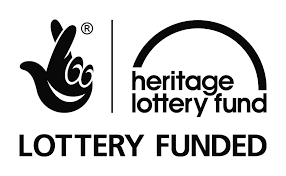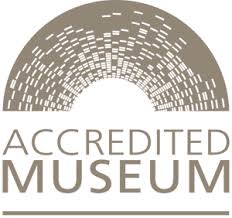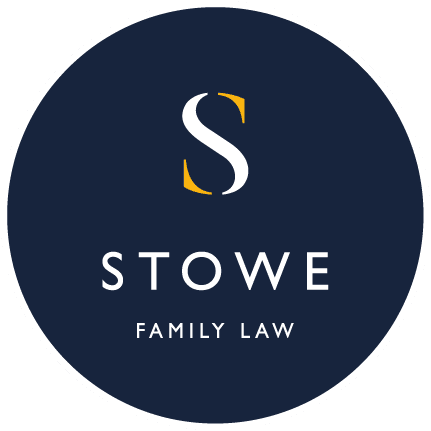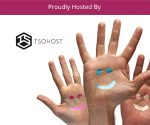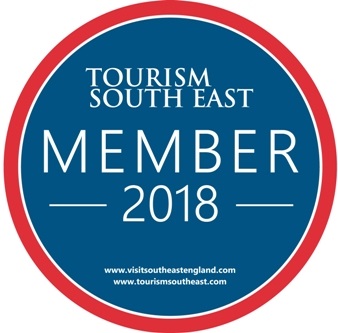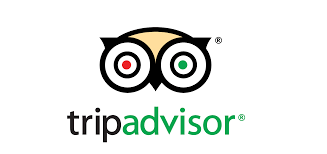As we approach the 75th Anniversary of VE Day on the 8th May, we wanted to look at some personal encounters of the Second World War from the people of Maidenhead.
A few weeks ago, I spoke to one of our late Volunteers, Roy Almond, who lived in Maidenhead for 93 years. When I asked if there were any comparisons to his life during Coronavirus and the Second World War, I was taken aback when Roy said he had never experienced anything as disruptive to life as Coronavirus. Having lived through the Second World War, I assumed that would have had far more impact on him and his day-to-day living, however he said that during the war, life carried on much as normal. I asked about rationing and he said that for the most part, you could get what you needed during the war, even if it was rationed, whereas he was surprised by the empty shelves during the Coronavirus pandemic.
At the start of the pandemic, when everyone was rushing to the shops first thing to try and get loo rolls, some people were relaxed in the knowledge they could resort to wartime alternatives if needed. One of our Volunteers said that during the war her father used to put shreds of newspaper on a stick so she was prepared for the worst… Private Eye took a leaf out of her book when their front page jokingly boasted ‘48 free sheets of toilet paper free with this issue’.
Below are some snippets from the wonderful, atmospheric and nostalgic insights into our Volunteers’ war experiences. These will form part of a larger project in due course.
Roy Almond talking about his short wave radio set:
“after D Day when (soldiers) landed back in France you could pick up the war correspondents sending messages back to the BBC. So you could sometimes hear what was happening before the news.”
Jenny Spear:
“We had Bantams laying eggs that we preserved in isinglass, and a veg garden and raspberries all around the edge.”
“There were evacuees in my grandmother’s road and next door, we just accepted them as new friends if they were our age.”
“Next door was a Jewish family who had a toy factory in London that was bombed and they brought me lots of the toys down including a beautiful twin doll’s pram that I used to take the dog for rides in.”
“During the war and shortly after when I was still very young, people at the end of the garden bred rabbits and I was always given a baby one to look after until it was grown when I handed it back in exchange for another small one!!”
Jenny Evans:
“My childhood was a very protected. Even though I was born during WWII I never recall ever feeling frightened. My mother cocooned us in warm security, she even used to get up in the middle of the night to replace our hot water bottles.”

Jenny and Elizabeth with their Mother Nellie, 1944.




